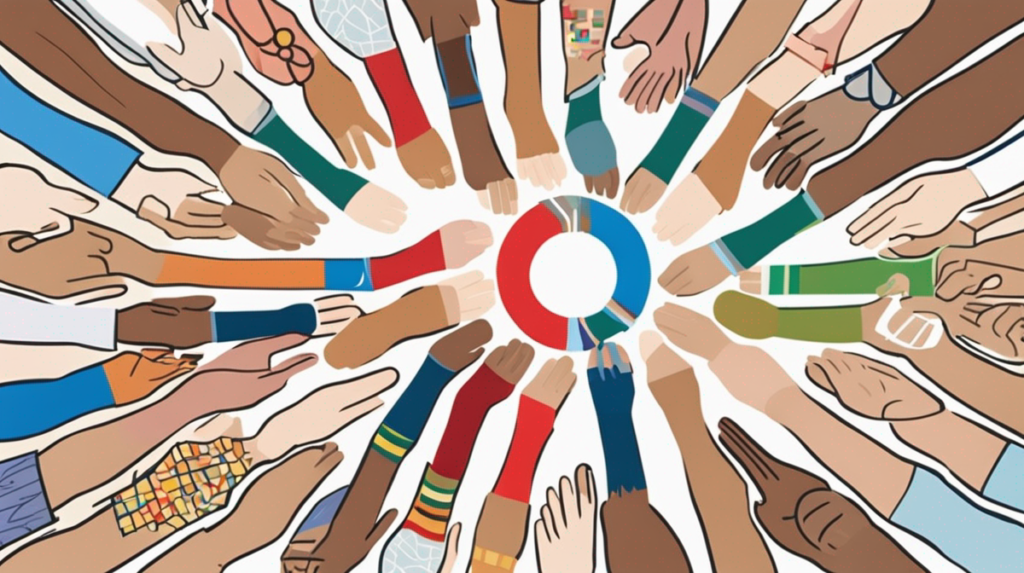Vaccination is undeniably one of the greatest breakthroughs in modern medicine. Through effective immunization strategies, we have been able to control, if not entirely eliminate, numerous deadly diseases that once claimed millions of lives, such as smallpox and polio. This pivotal role of vaccines in advancing global health is the central focus of our discussion today.
The Far-reaching Impact of Vaccines
Endorsing the ‘importance of vaccination’, the World Health Organization (WHO) considers vaccines a powerful defense mechanism against twenty-five different diseases. As per the WHO, vaccinations prevent an estimated 2-3 million deaths each year. This number could multiply if we could globally expand on the full potential and coverage of vaccines.
(Read Also: The Critical Role of Vaccination in Promoting Global Health: Decoding its Synergies)
Exploring How Vaccines Work
Vaccines work by preparing the body’s natural defenses— the immune system—to recognize and fight off the viruses and bacteria they simulate. This simulated, or ‘fake’ invasion educates the immune system and equips it to identify and attack the infection if encountered later in life. Importantly, vaccines often protect us without causing the serious illnesses themselves.
Vaccines Fight Against Antimicrobial Resistance
A largely unnoticed advantage of vaccination is its potential to fight antimicrobial resistance. By reducing the need for antibiotics, successful vaccinations prevent the rise of resistant strains of bacteria, playing a critical role in our war against superbugs.
(Read Also: Decoding Antibiotic Resistance: The Perilous Global Health Storm)
The Controversies Surrounding Vaccines
Despite these benefits, vaccines draw controversy. Much of this is due to misinformation and concerns about potential side effects. It’s critical to understand that vaccines undergo rigorous testing and constant monitoring for safety. Side effects, if any, are usually mild and temporary. The probability of getting serious diseases from the vaccine-preventable diseases themselves outweighs these risks significantly.
Vaccines: A Global Health Perspective
The COVID-19 pandemic highlighted the importance of vaccination, not just on an individual but also on a global level. Need for global vaccine equity came to forefront, emphasizing that ensuring every person’s access to vaccines, regardless of their geographic location, is essential in ending the pandemic and protecting global health.
Conclusion
The importance of vaccination in global health cannot be overstated. Through better understanding, global cooperation, and equitable vaccine distribution, we can leverage the full benefits of vaccines and move a step closer to a healthier world.

